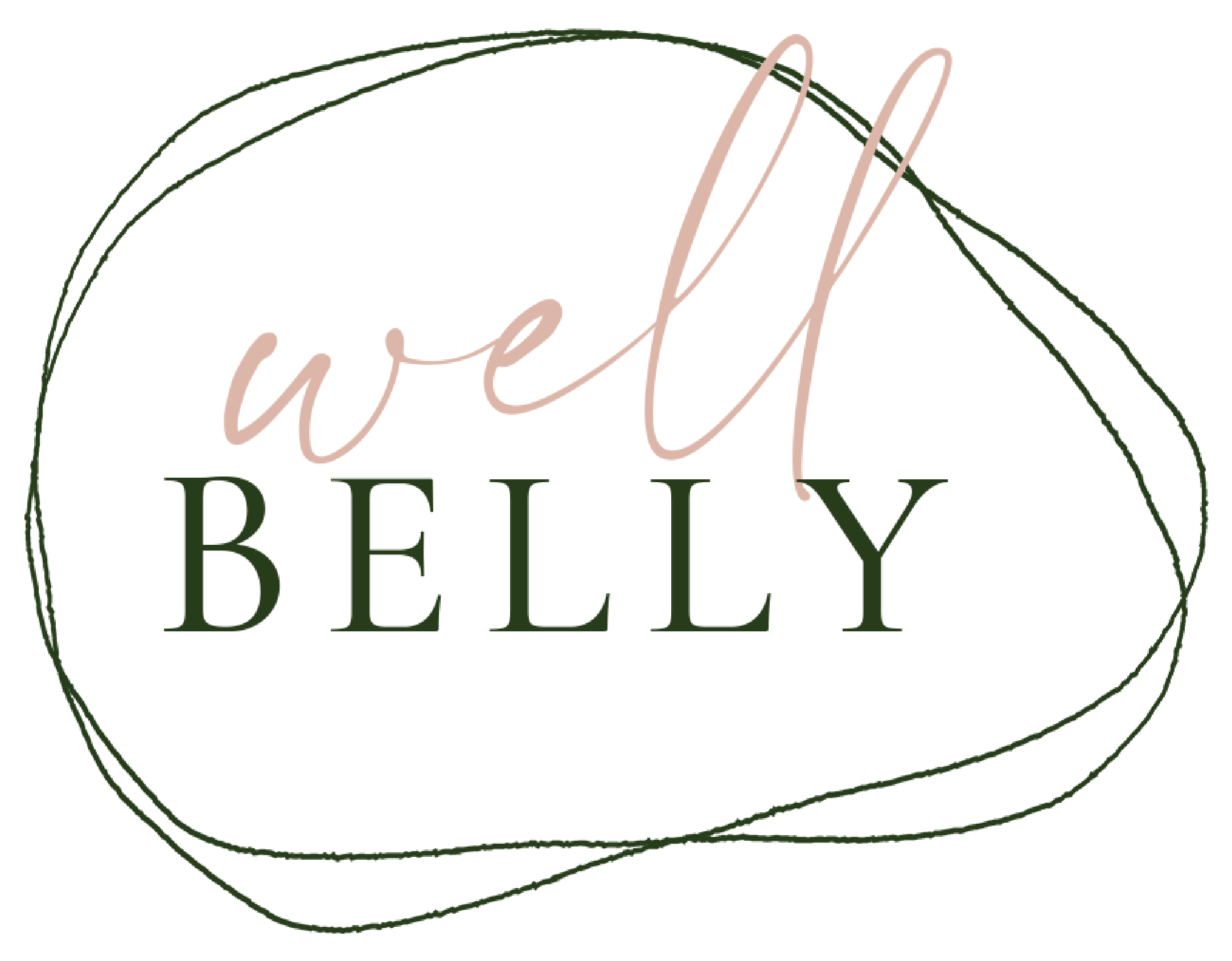Understanding IBD: Our Clinic’s Holistic Approach
Inflammatory Bowel Disease (IBD) is a term that covers chronic inflammatory conditions affecting the gastrointestinal (GI) tract, primarily Crohn's disease and ulcerative colitis. These conditions can cause severe discomfort, disrupt daily life, and lead to complications if not properly managed. Common symptoms include abdominal pain, diarrhoea, fatigue, weight loss, and malnutrition. While conventional treatments often focus on managing symptoms, our clinic takes a holistic approach, addressing the root causes and promoting long-term healing through dietary and lifestyle interventions, particularly the GAPS diet.
IBD is characterised by chronic inflammation of the GI tract, which can result in a wide range of symptoms that vary in severity and duration. Crohn's disease can affect any part of the digestive tract from the mouth to the anus, often leading to deep ulcers and scarring. Ulcerative colitis, on the other hand, primarily affects the colon and rectum, causing continuous inflammation and sores in the inner lining of the colon. These conditions are thought to be triggered by a combination of genetic predisposition, immune system malfunction, and environmental factors.
People with IBD may experience a variety of symptoms, including:
- Persistent diarrhoea or constipation
- Abdominal pain and cramping
- Blood or mucus in the stool
- Urgency to have a bowel movement
- Unexplained weight loss
- Fatigue and weakness
- Nutrient deficiencies
- Joint pain and skin rashes
These symptoms can severely impact the quality of life, making it essential to find an effective, sustainable way to manage and ideally heal the condition.
Our clinic advocates the GAPS (Gut and Psychology Syndrome) diet as a key component of our approach to managing IBD. The GAPS diet focuses on healing the gut lining and restoring balance to the gut microbiome, which is often disrupted in individuals with IBD. By eliminating foods that irritate the gut and incorporating nutrient-dense, easily digestible foods, the GAPS diet supports the body's natural healing processes.
One of the foundational elements of the GAPS diet is meat stock, which is rich in gelatin, amino acids, and minerals that help repair and soothe the gut lining. Unlike bone broth, which is cooked for a longer period, meat stock is simmered for a shorter time, making it easier to digest and more beneficial for those with sensitive digestive systems. Regular consumption of meat stock helps reduce inflammation, supports the immune system, and provides essential nutrients that are often lacking in those with IBD.
For some individuals with IBD, particularly those in the acute stages or with severe symptoms, even the fibre in vegetables can be too harsh on the gut. In these cases, our clinic may recommend No Plant GAPS. This variation of the GAPS diet eliminates all plant foods, focusing entirely on animal-based foods that are easier to digest and less likely to cause irritation.
On No Plant GAPS, patients consume meat stock, organ meats, animal fats, and eggs, all of which provide the nutrients necessary for healing without the fibre that can exacerbate inflammation. This approach allows the gut to heal more effectively, reducing symptoms and promoting long-term recovery.
In addition to meat stock and No Plant GAPS, other GAPS principles play a crucial role in our clinic’s approach to IBD. One of these is the inclusion of 24-hour fermented yoghurt. Made from high-quality milk, this yoghurt is fermented for a full 24 hours to ensure that virtually all of the lactose is broken down, making it easier to digest for those with compromised gut function. The long fermentation process also produces a high concentration of beneficial probiotics, which help to repopulate the gut with healthy bacteria, further aiding in digestion and immune function.
Other key GAPS principles we incorporate include:
Fermented Foods: In addition to 24hr yoghurt, fermented vegetables and beverages like milk kefir introduce beneficial bacteria to the gut, helping to restore balance and reduce inflammation.
Animal Fats: Healthy fats from sources like grass-fed butter, ghee, and fatty cuts of meat are crucial for reducing inflammation and providing energy for healing.
Detoxification Support: Gentle detoxification practices, such as detox baths, can help remove toxins that may be contributing to gut inflammation and other symptoms.
At our clinic, we understand that IBD is a complex condition that requires a personalised approach. By tailoring the GAPS diet and other holistic practices to each individual’s unique needs, our clients experience lasting relief from IBD symptoms and healing. Whether through the full GAPS diet, the No Plant GAPS variation, or other supportive therapies, our goal is to empower our patients to take control of their health and experience life without the burden of chronic gut issues.

